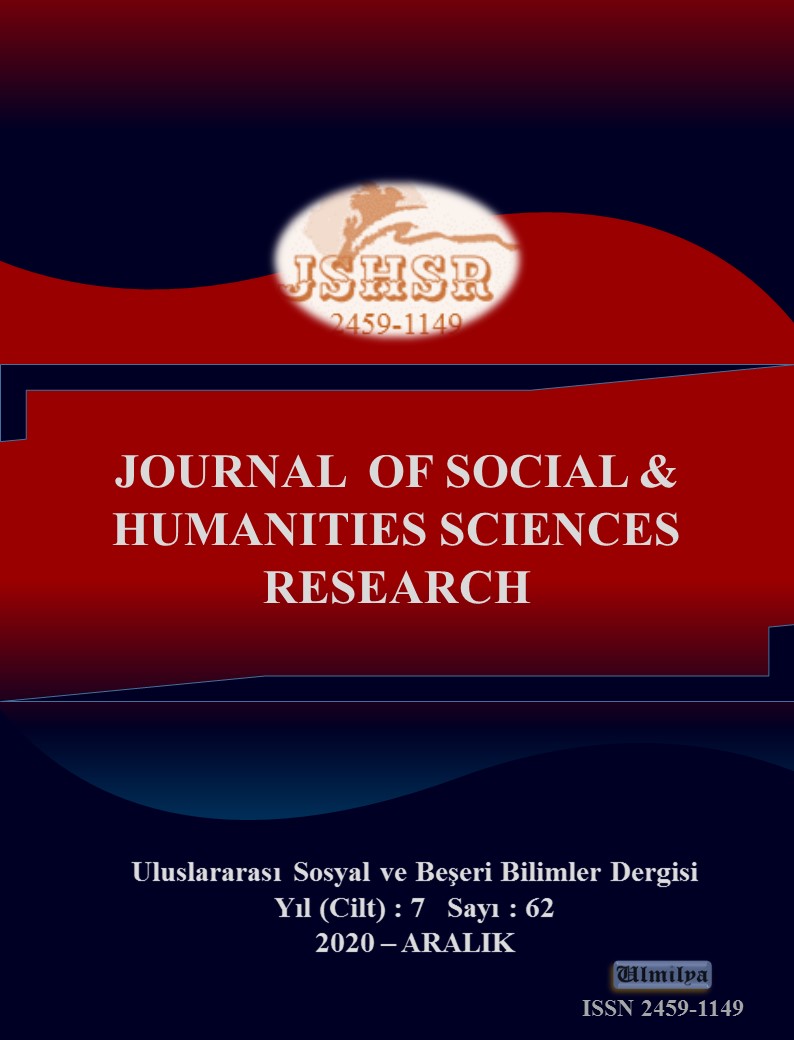SUICIDE AND SOCIAL ATTITUDE AFTER SUICIDE IN THE STORIES "DEPTH WISH" BY PATRICK SUSKIND AND "ABOUT A DEAD" BY ORHAN KEMAL
DOI:
https://doi.org/10.26450/jshsr.2161Keywords:
Patrick Süskind, Orhan Kemal, Depth Wish, About a Dead, suicide and literatüreAbstract
Suicide, which is seen as an unusual form of death because it is carried out by one's own decision, is a phenomenon studied by
different disciplines such as sociology, philosophy and psychology. By questioning the psychological, environmental and social
background that led the actor of suicide to such a decision, which can be seen as a tragic ending, reasons are revealed and
solutions are sought. Suicide is a phenomenon that is also frequently handled in literary works that reflect real life.
One of the stories we will discuss in this study, "Depth Wish" by German writer Patrick Süskind (1949-) is about before and
after the suicide of a young painter woman. In addition to the process that led to the death of the woman, the social attitude
displayed after suicide is also being handled in the work conspicuously. In the story by Turkish writer Orhan Kemal (1914-
1970), "About a Dead", the suicide of a woman living with her three children in a neighborhood and its aftermath is the subject.
Again, in this story, things talked about the woman after her suicide are handled remarkably by the author. At this point, in
both stories, besides its reasons that intersect from time to time, suicide becomes also material for gossiping after suicide, which
is seen as a sensational event by society. In this study, the phenomenon of suicide which handled in the stories Patrick Süskind's
"Depth Wish" and Orhan Kemal's "About a Dead " will be discussed comparatively.
Downloads
Published
How to Cite
Issue
Section
License
Copyright (c) 2020 INTERNATIONAL JOURNAL OF SOCIAL HUMANITIES SCIENCES RESEARCH

This work is licensed under a Creative Commons Attribution 4.0 International License.


